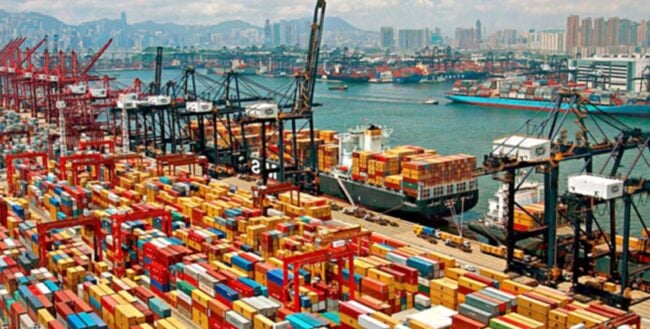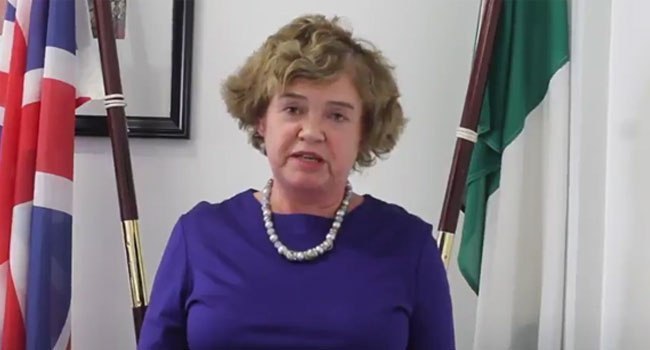The Food and Agriculture Organisation of the United Nations (FAO) has advised countries to discontinue trade measures fuelling food price volatility.
Qu Dongyu, FAO director-general, said this on Thursday at the opening of the 75th session of the committee on commodity problems (CCP).
The CCP is FAO’s longest-established technical committee. It reviews global issues that affect the production, trade, distribution, consumption, and prices of food and agricultural products. It deliberates key issues, examines the effects on food security, and makes policy recommendations.
Trade sanctions from Russia’s invasion of Ukraine are causing global disruptions to trade and investment, including the devastating effect on food and fuel prices.
Advertisement
Dongyu said global food security is threatened in many and often overlapping ways, including the COVID-19 pandemic, multiple conflicts around the world and persistent extreme climate conditions.
According to him, market transparency and policy coordination are critical to reducing uncertainty in agrifood markets.
“It is essential that countries stop using trade measures that add to price increases and extreme price volatility and harm those that depend on global markets for their food security,” he said.
Advertisement
Qu referred to the recently published 2022 edition of the State of Agricultural Commodity Markets (SOCO) that focused on the structural changes in the global agrifood markets and the role of trade measures in addressing environmental impacts.
“In spite of the current tendency to trade mostly within regions, multilateral trade remains the most efficient way to promote market access and economic growth for all and only multilateral collaboration can effectively address global environmental challenges such as climate change,” the FAO DG said.
He also underlined the important role trade can play for global food security and sustainability as it promotes food security and nutrition by linking food surplus regions with those in deficit.
Noting that the global food import bill is on course to hit a new record high of $1.8 trillion in 2022, Dongyu said FAO’s proposed food import financing facility would provide balance-of-payment support to the most affected countries.
Advertisement
He added that FAO would continue to guide policy decisions by providing up-to-date and objective information on markets, monitoring policy developments, promoting dialogue, and proposing policy recommendations.
Add a comment






